Information and electric vehicles of the [object Object] brand

![[object Object] logo](https://res.cloudinary.com/donyiousk/image/upload/w_80/f_auto/c_scale,w_500/v1/car/nmf5kt4sgnz8gus34txf)
Kia
Breathe easy, drive electric.
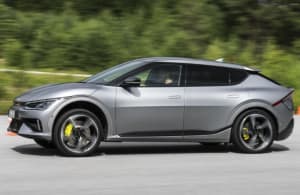

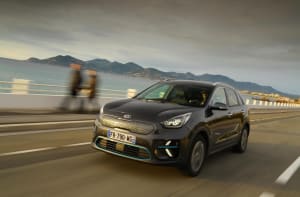
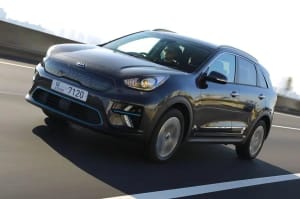

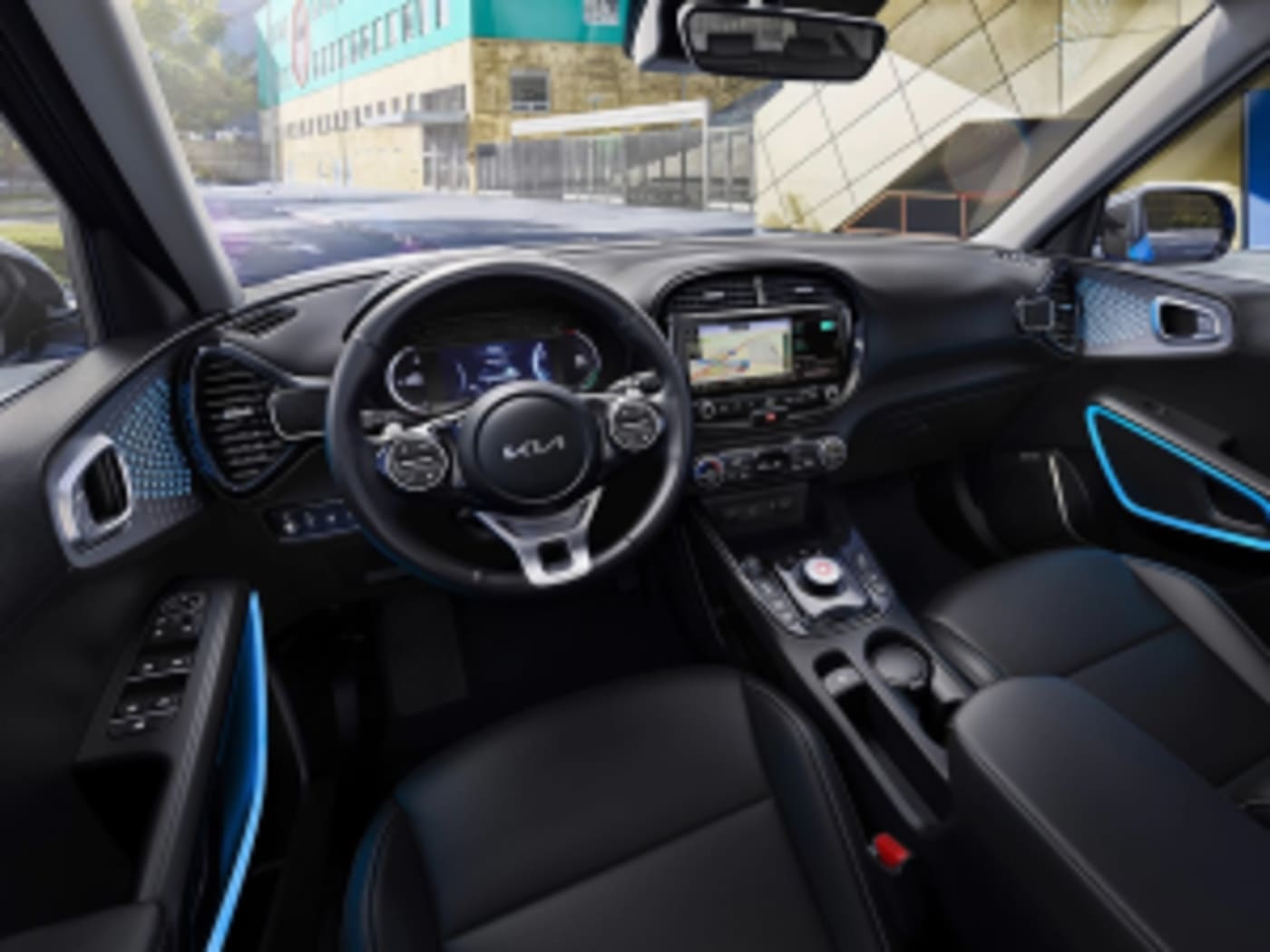
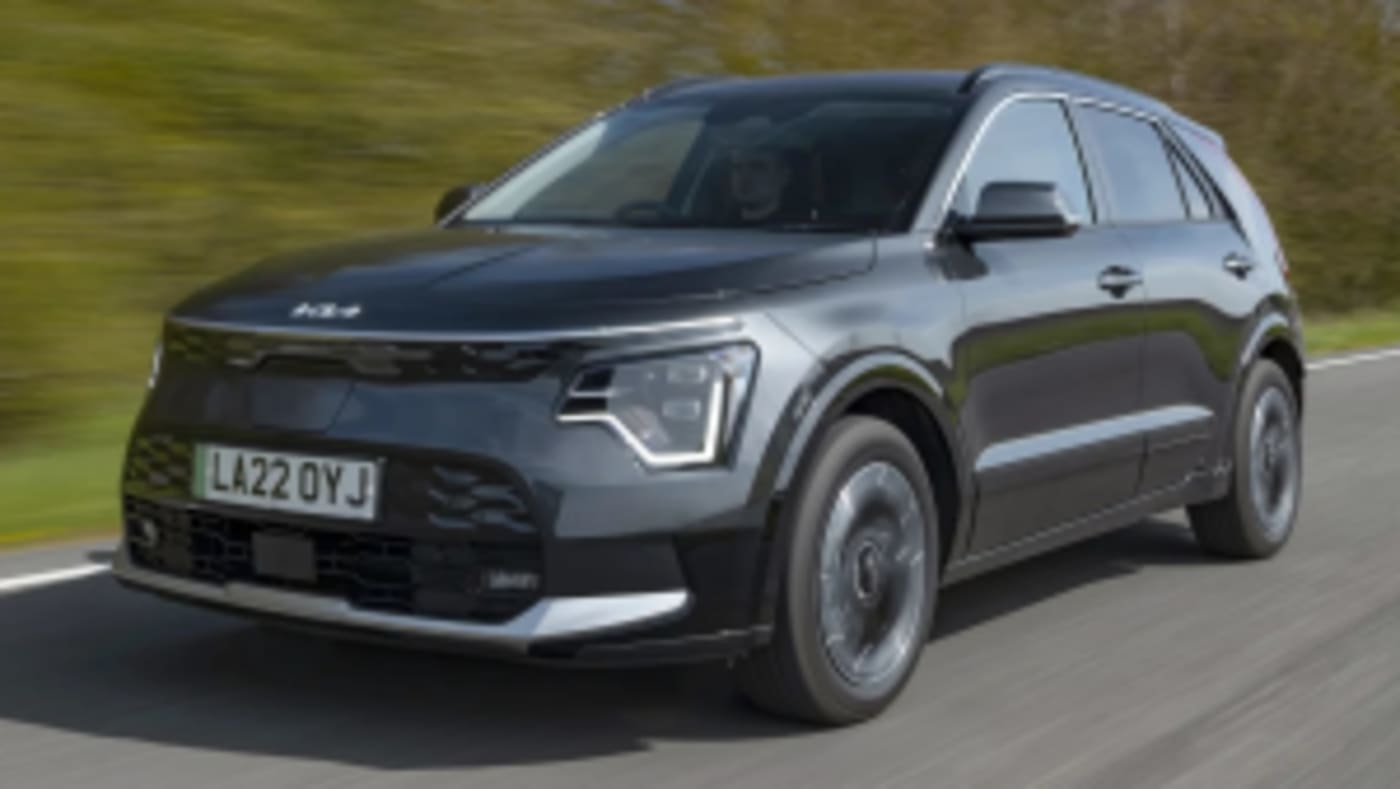
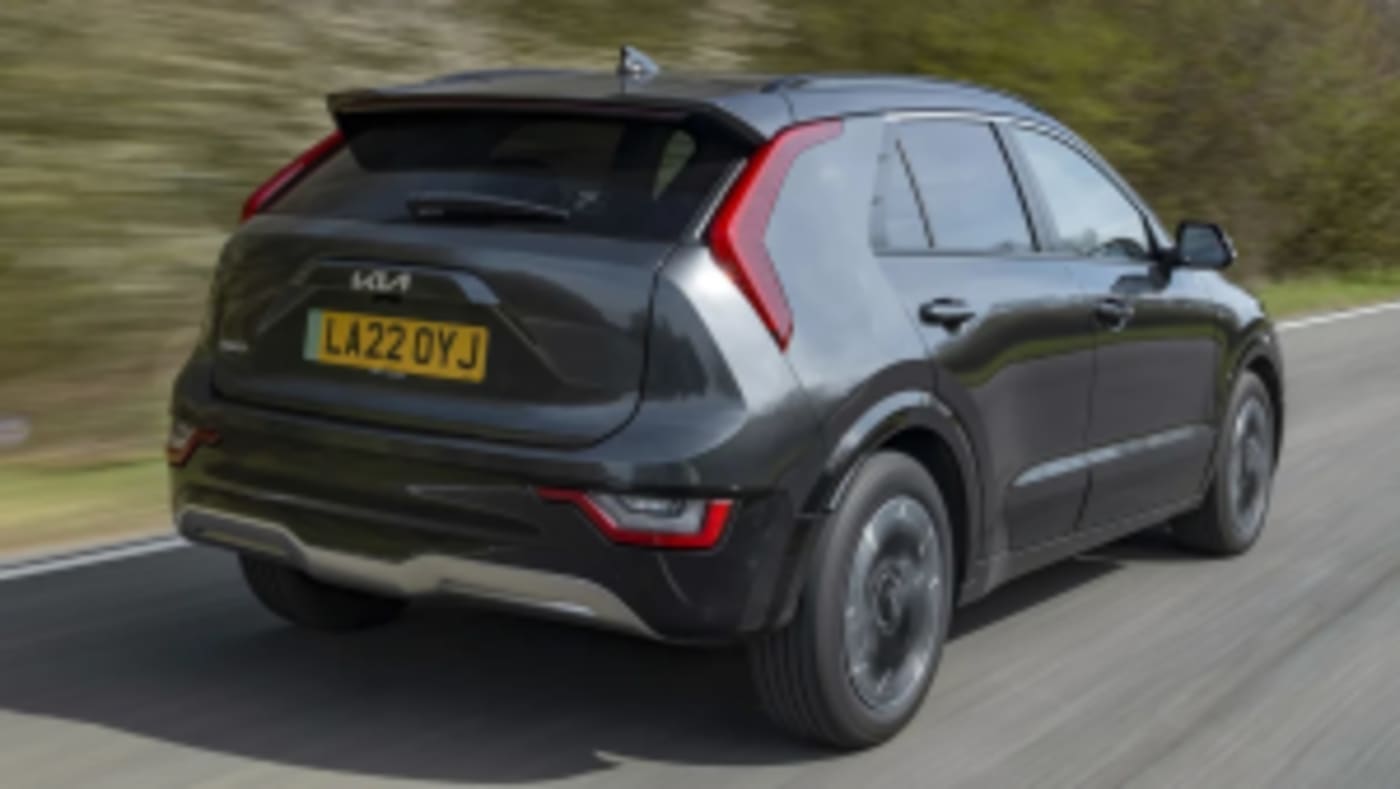
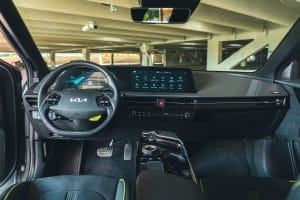
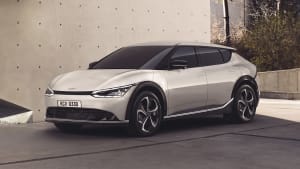
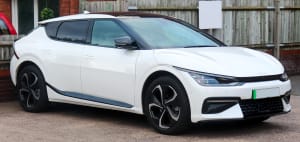
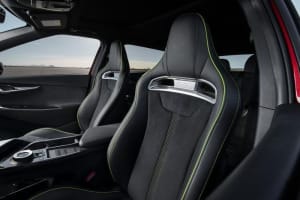
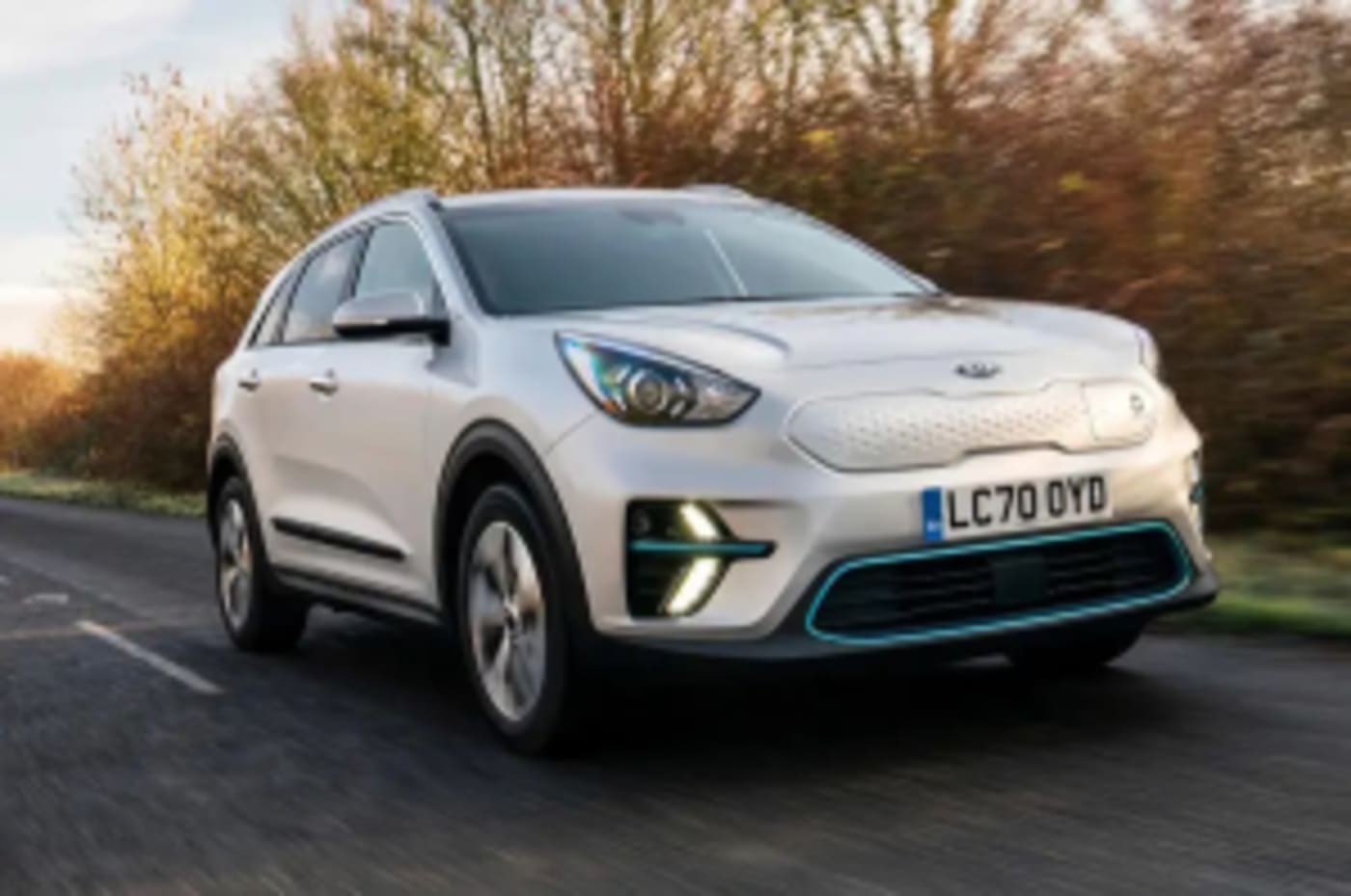
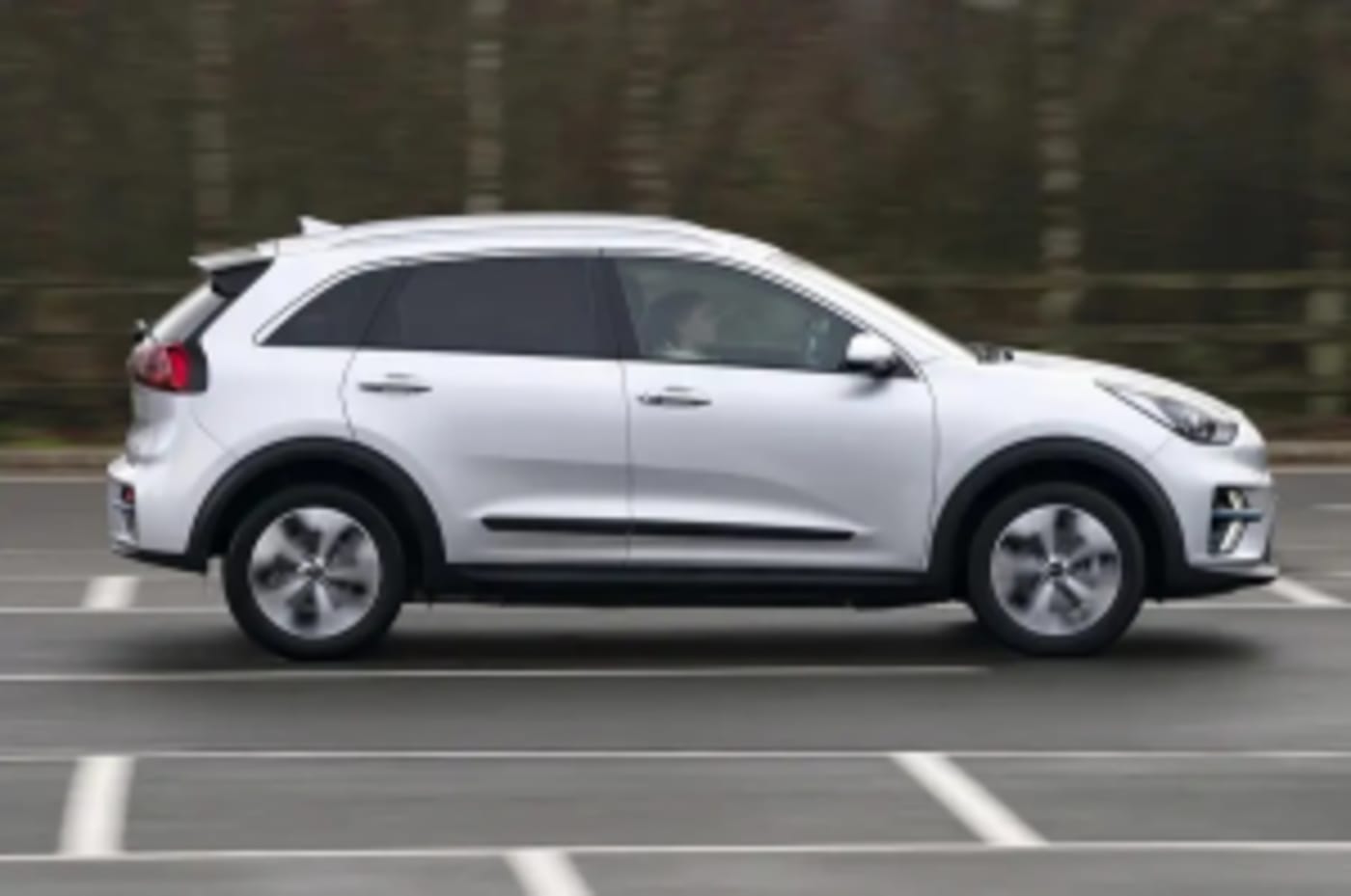
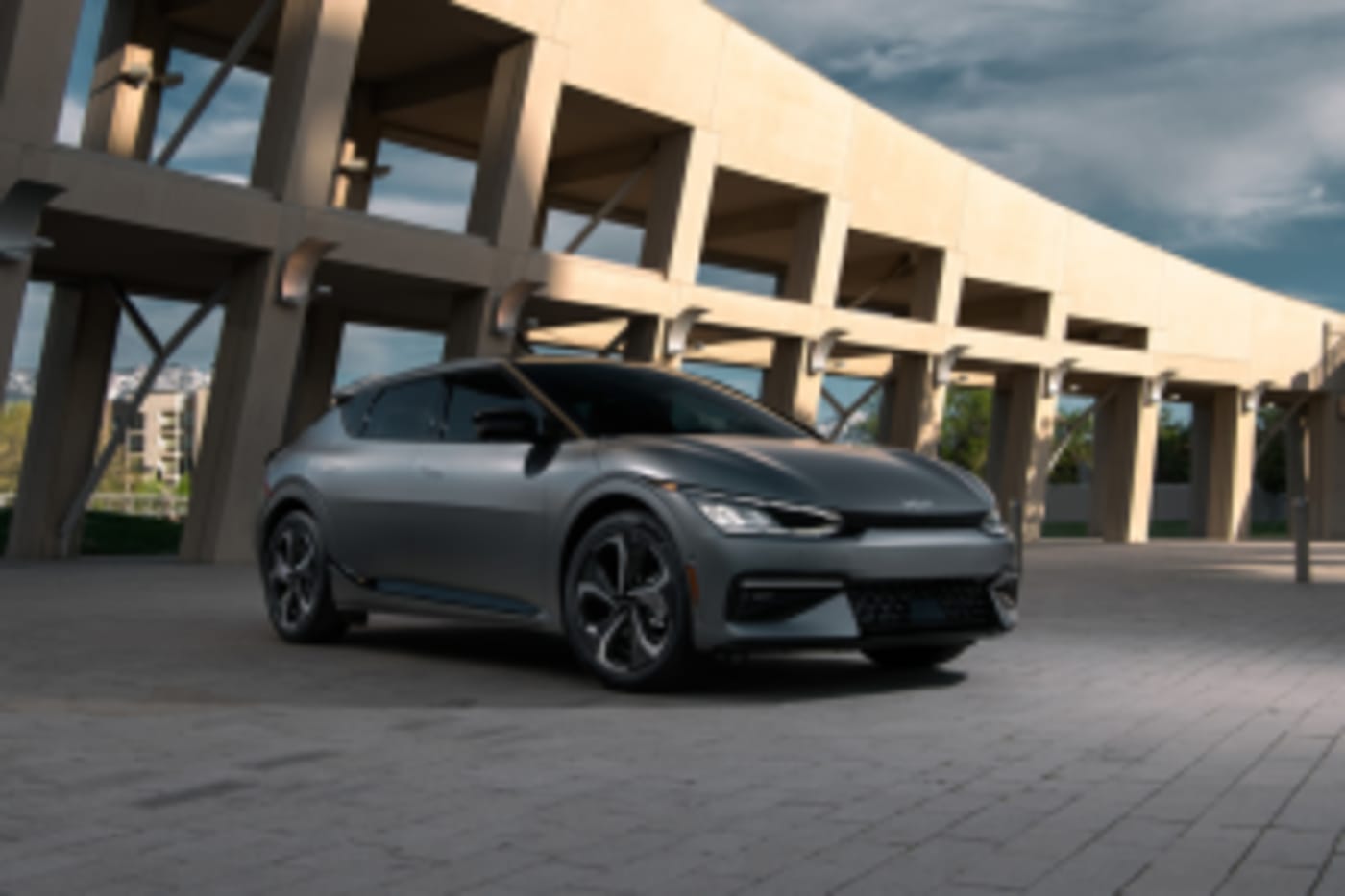
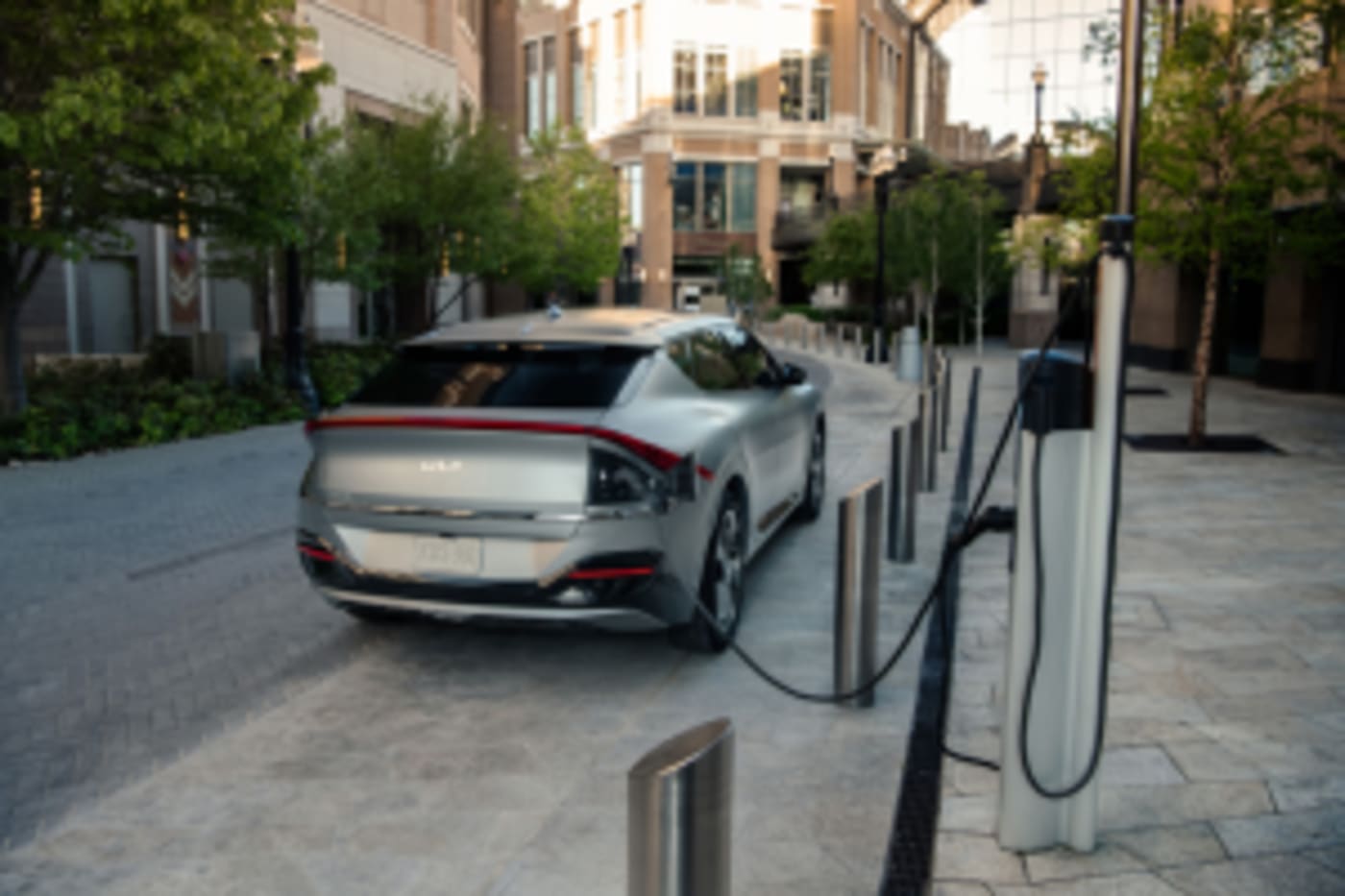
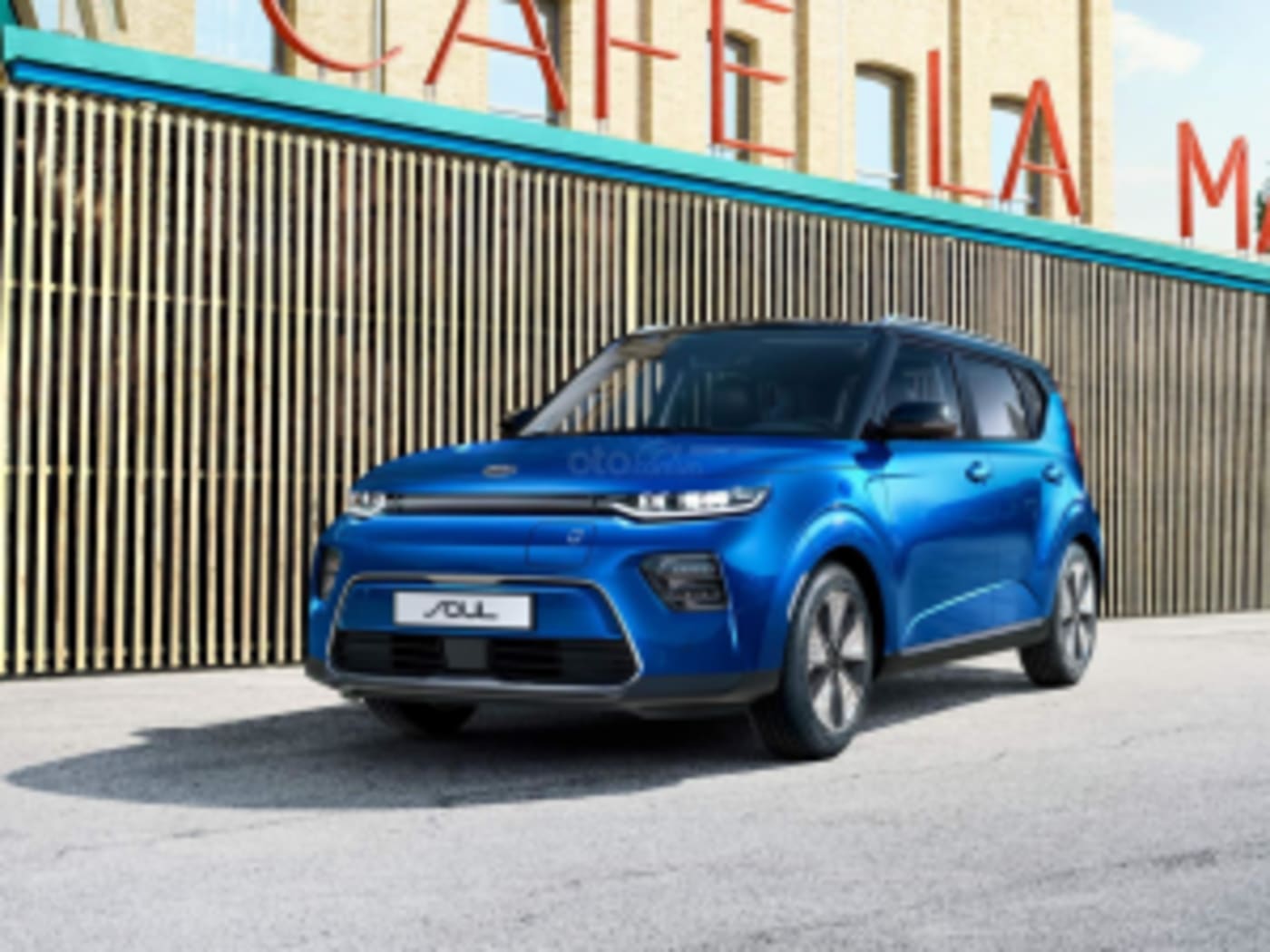
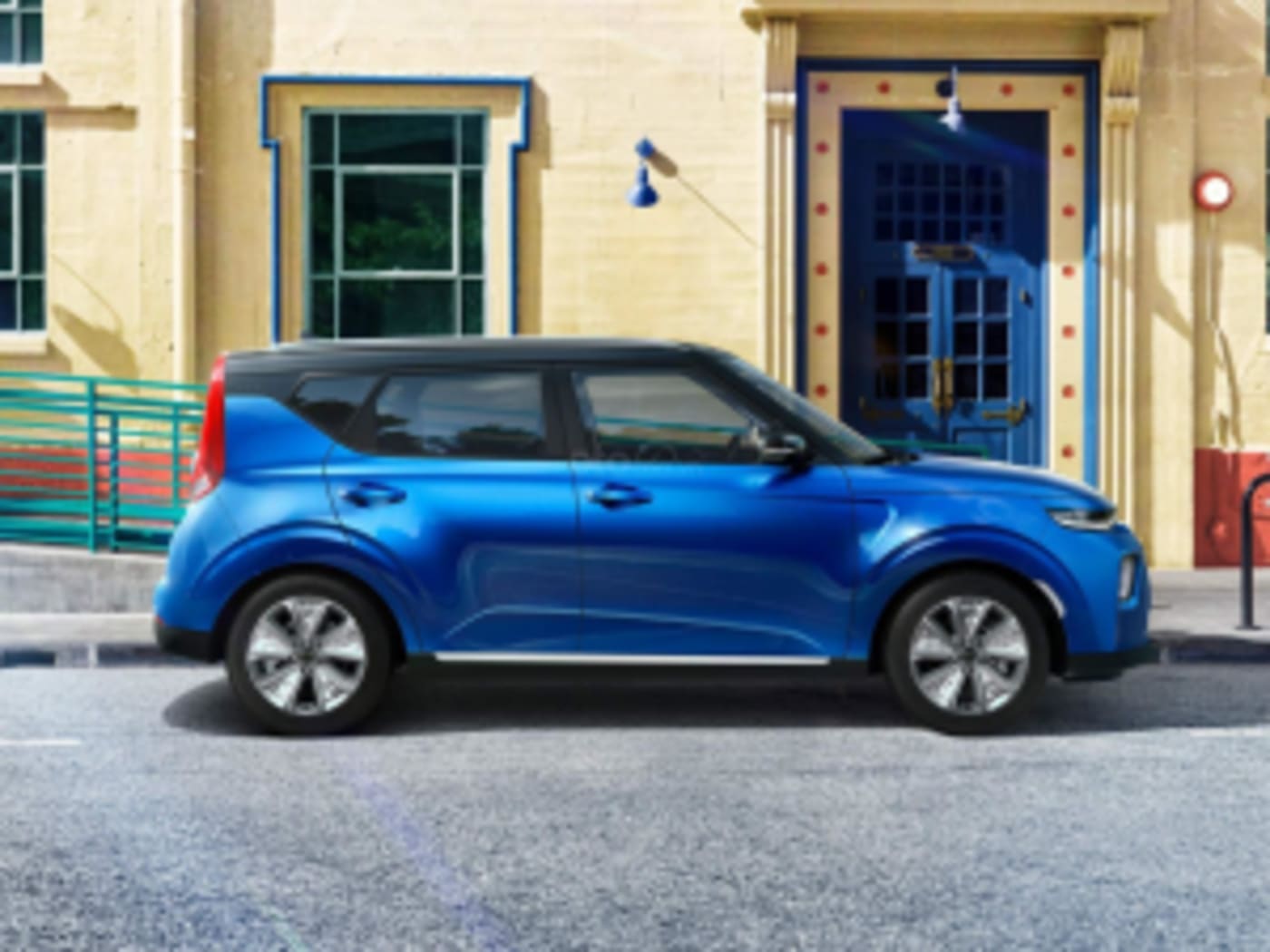
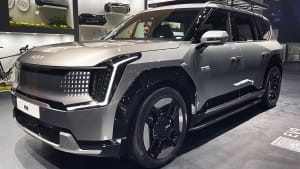
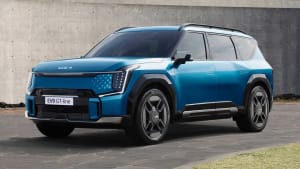

Kia electric vehicles
Kia is a South Korean automaker that is quickly becoming a leader in the electric vehicle market. The company offers a wide range of electric vehicles, including cars, SUVs, and trucks.
Some of the most popular Kia electric vehicles include:
- Kia EV6: The Kia EV6 is a midsize electric SUV that offers a range of up to 310 miles on a single charge. It can accelerate from 0 to 60 mph in 5.1 seconds. The EV6 comes standard with all-wheel drive and a suite of advanced safety features, including automatic emergency braking, lane departure warning, and adaptive cruise control.
- Kia Niro EV: The Kia Niro EV is a subcompact electric SUV that offers a range of up to 253 miles on a single charge. It can accelerate from 0 to 60 mph in 7.8 seconds. The Niro EV comes standard with all-wheel drive and a suite of advanced safety features, including automatic emergency braking, lane departure warning, and adaptive cruise control.
- Kia Soul EV: The Kia Soul EV is a subcompact electric car that offers a range of up to 243 miles on a single charge. It can accelerate from 0 to 60 mph in 7.9 seconds. The Soul EV comes standard with front-wheel drive and a suite of advanced safety features, including automatic emergency braking, lane departure warning, and adaptive cruise control.
Kia is committed to sustainability and to making electric vehicles more accessible to everyone. The company has set a goal of becoming carbon neutral by 2045, and it is investing heavily in electric vehicles and other sustainable technologies. Kia is also working to expand its network of public charging stations.
What makes Kia EVs different from other brands?+
Kia EVs certainly have their own distinct features that set them apart from other electric vehicle brands. Here's a breakdown of some key areas where Kia stands out:
Strong Value Proposition:
- Pricing: Kia EVs tend to be competitively priced compared to other brands in their respective segments. They offer good value for the features and performance they deliver.
- Warranty: Kia boasts a generous 7-year/100,000-mile warranty on its EV batteries and electric motors, providing buyers with peace of mind and long-term ownership confidence.
- Free Charging Credits: Kia offers substantial free charging credits varying by model on the Electrify America network, significantly reducing initial charging costs for new owners.
Design and Technology:
- Bold and futuristic styling: Kia EVs like the EV6 and Niro EV sport distinctive aerodynamic designs that set them apart from the more conventional looks of some competitors.
- High-tech interiors: Kia cabins are often packed with modern features like large touchscreens, digital instrument clusters, and advanced driver-assistance systems, creating a sophisticated and user-friendly environment.
- Fast charging capabilities: Several Kia EVs support fast charging protocols, allowing for rapid battery top-ups during road trips or quick charging breaks.
Driving Experience and Performance:
- Fun and engaging: Kia EVs like the EV6 GT offer surprisingly sporty handling and acceleration, making them enjoyable to drive even for enthusiasts.
- Practical range: While not leading the pack in range, Kia EVs like the Niro EV and EV6 deliver respectable ranges suitable for most everyday commutes and occasional long trips.
- Spacious and comfortable interiors: Kia EVs typically offer ample passenger and cargo space, making them suitable for families and those who value practicality.
Overall, Kia EVs stand out by offering a compelling combination of:
- Competitive pricing and strong value proposition
- Bold and technologically advanced designs
- Fun and engaging driving experiences
- Practical range and spacious interiors
It's important to note that other EV brands also have their own strengths and weaknesses, so the best choice ultimately depends on your individual needs and priorities. But it's undeniable that Kia is making a strong case for itself in the increasingly competitive electric vehicle market.
What are the different models of Kia EVs available?+
Kia currently offers four fully electric models:
- Kia Niro EV: A compact SUV known for its practicality and affordability. It offers a range of up to 253 miles 407 km and comes in both standard and long-range versions.
- Kia e-Soul: A quirky and boxy city car with a surprising amount of interior space. It offers a range of up to 243 miles 392 km and is a good option for urban driving.
- Kia EV6: A stylish and spacious crossover with a fast-charging capability and impressive range. It offers up to 310 miles 499 km on a single charge, and comes in both rear-wheel-drive and all-wheel-drive versions. There's also a high-performance GT trim with up to 576 horsepower.
- Kia EV9: A large and futuristic SUV slated for release in 2023. It promises a spacious interior, long range, and advanced technology.
Here's a table summarizing the key specs of each model:
| Model | Body Style | Range miles) | Price (Starting | Notes |
|---|---|---|---|---|
| Niro EV | Compact SUV | 253 / 265 | $40,750 | Affordable, practical |
| e-Soul | City Car | 243 | $34,650 | Unique design, spacious interior |
| EV6 | Crossover | 310 / 340 / 279 GT | $40,900 | Fast-charging, spacious, high-performance GT trim |
| EV9 | SUV | - | - | Release in 2023, large, futuristic design |
In addition to these fully electric models, Kia also offers several plug-in hybrid models, which combine an electric motor with a gasoline engine for longer range and flexibility.
To help you choose the right Kia EV for your needs, it's important to consider factors such as your budget, driving needs, and desired range and features. Kia's website and dealerships can provide you with more information about each model, and you can also take a test drive to see which one you like best.
How much do Kia EVs cost?+
The price of Kia EVs can vary depending on the model and trim level you choose. Here's a summary of the starting MSRP for Kia's current EV lineup in the US:
- Kia Niro EV: $39,600
- Kia EV6: $40,900
- Kia Sorento PHEV: $36,190
Keep in mind that these are just starting prices. The actual price you pay could be higher or lower depending on dealer markup, options, and incentives.
Here are some factors that can affect the price of a Kia EV:
- Battery size: Larger batteries provide longer driving range, but they also cost more.
- Trim level: Higher trim levels come with more features and amenities, which will increase the price.
- Options: Additional features like a sunroof or premium sound system can add to the cost.
- Dealer markup: Some dealers may mark up the price of Kia EVs above the MSRP.
- Incentives: Federal and state governments offer tax credits and other incentives for buying electric cars, which can reduce the price.
What is the range of Kia EVs?+
Kia has a range of electric vehicles EVs with varying ranges, here's a quick rundown:
- Kia EV6: The EV6 has an EPA-rated range of up to 310 miles for the rear-wheel drive model and up to 206 miles for the high-performance GT model. In real-world testing, the EV6 has achieved around 230 miles of highway driving range on a single charge.
- Kia Niro EV: The Niro EV has an EPA-rated range of up to 253 miles. In real-world testing, the Niro EV has achieved around 200 miles of highway driving range on a single charge.
- Kia Soul EV: The Soul EV has an EPA-rated range of up to 280 miles. In real-world testing, the Soul EV has achieved around 220 miles of highway driving range on a single charge.
- Kia EV9: The EV9 is Kia's newest EV and it has an EPA-rated range of up to 304 miles. Real-world range data for the EV9 is not yet available.
The actual range of a Kia EV will vary depending on a number of factors, including:
- Driving conditions: City driving will generally result in shorter range than highway driving.
- Weather: Cold weather can reduce the range of an EV.
- Driving habits: Aggressive driving will reduce the range of an EV.
It's important to keep these factors in mind when considering the range of a Kia EV. If you're looking for an EV with a long range, the EV6 is a good option. If you're looking for a more affordable option, the Niro EV is a good choice. And if you're looking for a spacious and versatile EV, the Soul EV is a good option.
How long does it take to charge a Kia EV?+
The charging time for a Kia EV depends on several factors, including:
- Specific Kia model: Different Kia models have different battery sizes and charging capabilities. For example, the Kia EV6 can charge much faster than the Kia Niro EV.
- Charging method: There are three main charging methods for electric vehicles: Level 1 standard household outlet), Level 2 (240-volt charger, and DC fast charging. Level 1 charging is the slowest, while DC fast charging is the fastest.
- Battery capacity: Larger batteries take longer to charge than smaller batteries.
- Battery's current charge level: A partially charged battery will charge faster than an empty battery.
- Ambient temperature: Cold weather can slow down charging.
Here are some general guidelines for charging Kia EVs:
- Level 1 standard household outlet: Up to 59 hours for the Kia Niro EV.
- Level 2 240-volt charger: Approximately 9.5 hours for the Kia Niro EV.
- DC fast charging: 54 minutes to reach 80% charge for the Kia Niro EV, 17 minutes for the Kia EV6 Standard Range, 10-80%.
If you want to know the specific charging time for your Kia EV model, you can consult the owner's manual or use the Kia Connect app. The app will show you the current charge level of your battery and the estimated charging time for different charging methods.
Here are some additional resources that you may find helpful:
- Kia EV6 charging time, range, and cost: Link
- Electric car charging times | Kia Go Electric - Kia Global Brand Site: Link
What are the maintenance requirements for a Kia EV?+
Kia EVs require significantly less maintenance than traditional gasoline-powered vehicles, but they still need some TLC to keep them running smoothly and maximize their lifespan. Here's a breakdown of the key things to be aware of:
Basics:
- Refer to your owner's manual: This will be your most accurate source of information for your specific Kia EV model and its recommended maintenance schedule.
- Annual check-ups: While some models might have longer intervals, generally it's best to schedule an annual check-up with an authorized Kia service center. This typically covers:
- Battery health monitoring: Checking for any potential issues with the battery pack.
- Tire rotation and pressure checks: Proper maintenance can extend tire life, especially crucial for heavier EVs.
- High voltage system coolant replacement: This coolant helps regulate the temperature of the electric motor and other components.
- Comprehensive multipoint inspection: A thorough check of all systems, including brakes, suspension, and lighting.
Additional Services:
- Cabin air filter replacement: Recommended every 12-24 months, depending on your driving environment.
- Brake fluid replacement: Intervals may be longer than gas-powered cars due to regenerative braking, but should still be replaced based on the manufacturer's recommendation.
- Windshield wiper fluid: Top up when needed.
Things you No Longer Need Compared to Gas-Powered Vehicles:
- Oil changes: EVs don't have internal combustion engines, so no oil changes are required.
- Spark plug replacements: EVs don't use spark plugs.
- Fuel system maintenance: No fuel system to maintain!
Tips:
- Proper charging practices: Using the correct charger and avoiding fast charging too frequently can help preserve battery health.
- Moderate braking: While regenerative braking extends pad life, excessive hard braking can wear them down faster.
- Monitor tire pressure: Maintaining proper tire pressure improves efficiency and tire life.
Remember, the specific maintenance needs might vary depending on your Kia EV model and driving habits. Always refer to your owner's manual for the most up-to-date and accurate information.
Does Kia offer any tax credits or incentives for purchasing an EV?+
Unfortunately, Kia itself does not offer any direct tax credits or incentives for purchasing an EV. However, there are still a few ways you can save money on a Kia EV:
Federal Tax Credit: As of October 26, 2023, the US federal government offers a tax credit of up to $7,500 for the purchase of a new electric vehicle. This credit is available for all Kia EVs, including the Niro EV, EV6, and Soul EV. However, it's important to note that the credit begins to phase out for manufacturers once they have sold 200,000 electric vehicles, and it is currently unclear when this will happen for Kia. You can find more information about the federal tax credit on the IRS website: Link
State and Local Incentives: Many states and local governments also offer tax credits or rebates for the purchase of electric vehicles. The amount of the credit or rebate can vary depending on the state or locality, but it can be as much as $5,000 or more. You can find a list of state and local incentives on the Department of Energy's website: Link
Dealer Incentives: Kia dealers may also offer their own incentives for the purchase of electric vehicles. These incentives can vary depending on the dealer, but they may include discounts on the purchase price, free charging, or other perks.
Leasing: Leasing a Kia EV may be a good option if you're not sure you want to commit to buying one. Kia currently offers a lease deal on the Ioniq 5 that includes a $7,500 "Total EV Lease Reward." This is essentially the same as a $7,500 discount on the lease price.
Overall, while Kia doesn't offer any direct tax credits or incentives for purchasing an EV, there are still a few ways you can save money. By taking advantage of the federal tax credit, state and local incentives, and dealer incentives, you can significantly reduce the cost of buying or leasing a Kia EV.
What is the warranty on a Kia EV?+
The warranty on a Kia EV covers two main aspects: the standard car warranty- and the EV battery warranty. Both are quite generous and offer peace of mind for Kia EV owners.
Standard Kia Car Warranty:
- 7 years or 150,000 kilometers 93,000 miles, whichever comes first. This covers most components of the vehicle, including the engine, transmission, drivetrain, and major electrical components.
- Transferable to subsequent owners if you sell the car before the warranty expires. This can increase the resale value of your Kia EV.
EV Battery Warranty:
- 7 years or 150,000 kilometers 93,000 miles, whichever comes first. This specifically covers the battery pack and its related components.
- Guaranteed capacity retention of 70%. If the battery capacity drops below 70% within the warranty period, Kia will repair or replace it for free. This gives you confidence in the long-term health and performance of your EV battery.
Additional points to consider:
- You can purchase an extended warranty for the standard car warranty and the EV battery warranty. This can provide additional peace of mind if you plan to keep your Kia EV for a long time.
- It's important to read the full warranty terms and conditions carefully to understand what is and is not covered. You can find the warranty information in the owner's manual or on the Kia website.
Overall, the Kia EV warranty is one of the most comprehensive and generous in the industry. It provides strong protection for both the car itself and the battery, giving Kia EV owners confidence and peace of mind.
Where can I learn more about Kia EVs?+
There are many places you can learn more about Kia EVs! Here are a few options:
- The Kia website: The Kia website has a dedicated section for EVs, hybrids, and plug-in hybrids. Here, you can browse all of their current models, compare features and specs, and even take a quiz to find the right Kia EV for you. You can also find information about incentives and dealer locations.
- Car review websites: There are many car review websites that have in-depth articles and videos about Kia EVs. Some popular options include Kelley Blue Book, Edmunds, and Car and Driver. These websites can provide you with detailed information about the pros and cons of each model, as well as real-world driving impressions.
- YouTube: There are many YouTube channels that focus on electric vehicles. These channels can be a great resource for learning about Kia EVs, as well as other EVs on the market. Some popular channels include Fully Charged Show, Bjørn Nyland, and The Kilowatt.
- Your local Kia dealership: Your local Kia dealership is a great resource for learning more about Kia EVs. They can answer any questions you have and let you take a test drive.





































